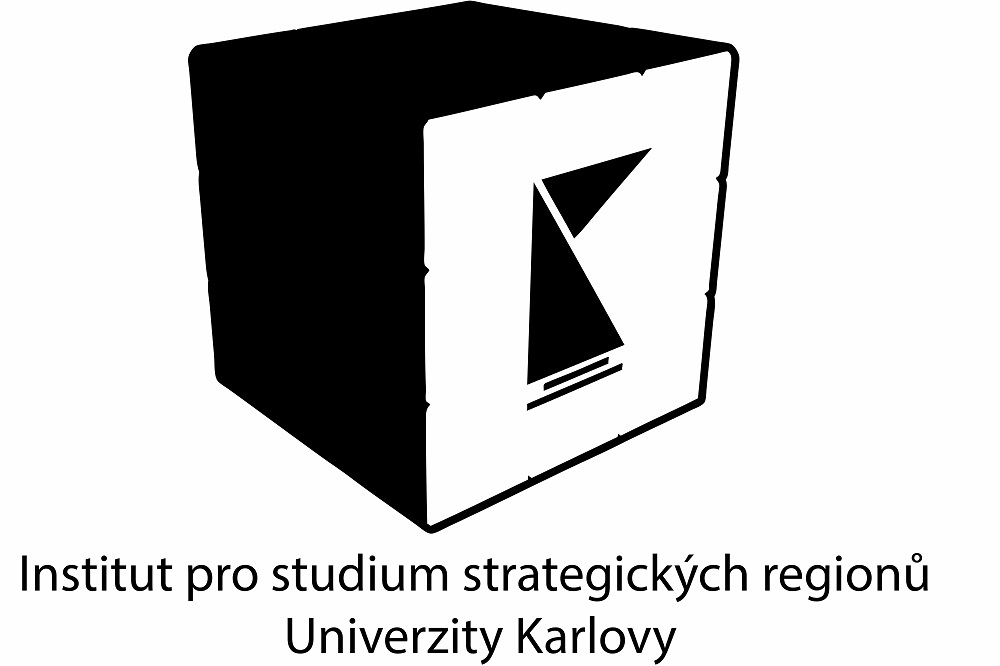

Součástí projektu KREAS

V zimním semestru 2021/2022 se opět pod ISSR nabízejí kurzy jazyků a reálií strategických regionů, otevřené zájemcům ze celé UK.
Jazykové kurzy:
Moderní čínština pro neoborové studenty I ATJ100312
První část čtyrsemestrálního úvodu do současné hovorové čínštiny. Kurz je určen především studentům dálněvýchodních oborů a dalším studentům FFUK.
Důraz je kladen na 1) nácvik výslovnosti 2) výklad základních gramatických jevů 3) seznámení s čínským písmem 4) zvládnutí základní mluvené komunikace
Středa 15.50 – 17:25, 243/C, Dušan Andrš (katedra sinologie)
Klasická čínština pro neoborové studenty I ATJ100316
Úvodní předmět klasického čínského jazyka. Předmět je založen na četbě jednoduchých textů klasického období obsažených v chrestomatii sestavené T. N. Nikitinou. Mimoto je podán systematický výklad gramatiky klasické čínštiny podle systému T. N. Nikotiny v rozsahu vždy dvou vyučovacích hodin týdně. Od studentů je požadována průběžná příprava textů na následující hodinu. Rámcový odhad jsou tři texty přečtené za jednu lekci, celkově se předpokládá probrání asi 60-70 textů.
Středa 17:30-19:10, 243/C, Jakub Maršálek (katedra sinologie)
Listening and Speaking Thai I ATJ100220
This course is aimed at a wide range of students with a general interest in spoken Thai and also in culture. The course focuses on speaking and listening skills for communicative purposes, on the topics that students always encounter such as greetings, a self-introduction, asking and telling personal preference, asking price, asking the ways,. ect.
Grammatical structures as well as vocabulary knowledge, sentence building are given and practiced in the classroom.
Beyond language acquisition, cultural awareness, social values, Thai-ness, beliefs, ect. are also introduced in both verbal and non-verbal communication.
Čtvrtek 9.10 – 10.45, 103/C, Pattarawan Youyen (externí lektorka katedry sinologie)
Reading and Writing Thai I ATJ100221
The course is aimed to help students know the characteristics of Thai language and develop the understanding of reading and writing systems.
This course is intended for not only the novices but also for the students who have already listening and speaking competency but need to acquire reading and writing skills. The contents of this course cover an introduction of Thai alphabets starting from consonant classes, short- and long-vowels, tone marks and tone rules for each class of consonant both with and without tone marks.
Practice reading and writing is needed when each topic is given both as classroom work and homework.
Čtvrtek 10.50 – 12.25, 103/C, Pattarawan Youyen (externí lektorka katedry sinologie)
Modern Uyghur I ATJ100322
Ondřej Klimeš (Oriental Institute of the Czech Academy of Sciences)
The course is an introduction to modern Uyghur. The language is used by the Uyghur nationality living predominantly in the Xinjiang Uyghur Autonomous Region in northwestern China. Besides Xinjiang (also known as East Turkestan), where they number about 12 million. Uyghur is also spoken by Uyghur communities in Central Asia, as well as by the diaspora in Turkey, Western Europe, the US and Canada. During the course, students will master Uyghur phonetics, script, basic communication skills, and elementary grammar.
Pondělí 15.50 – 17.25 243/C
Volitelné přednášky:
Cartooning, Animation, and Comics Art in China ATJ100326
The course proposes to follow the history and practices of cartooning, comics art, and animation in China, from late Qing period (second half of 19th century) through 20th century. This would be of interest both to students of China or East Asia as a way of seeing the key historic events from new angles and to students outside of sinology as a path to envision China’s transformations in late Qing, Republican, socialist, and post-socialist periods.
During the lectures we look at various local roots of hand-drawn, mechanically-reproduced, and digital images which have become widespread in China in this period; at stylistic and technical varieties of cartooning, comics art, and animation; at local and international contexts of their existence and evolution; and at various functions these visual sources served at different times. Seminars allow the students to engage in analysis and discussion of materials of their own choice within the course’s framework, chiefly as a means of widening students’ awareness of existing online databases and possible sources for historical and cultural research.
Úterý, 14.30 – 15.45, 423/C, Mariia Guleva (doktorandka, Dějiny a kultury Asie)